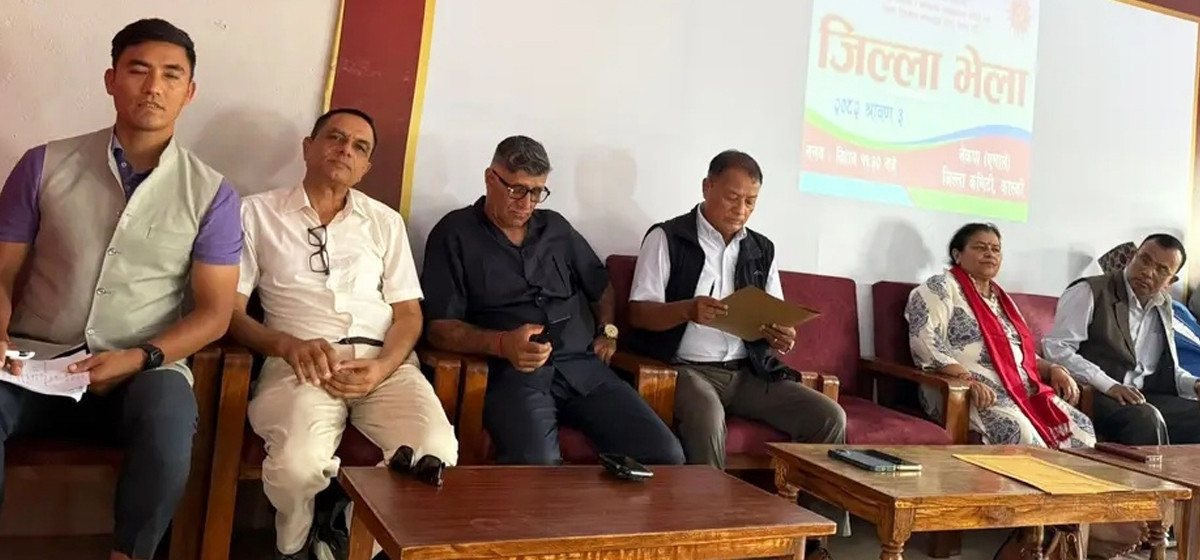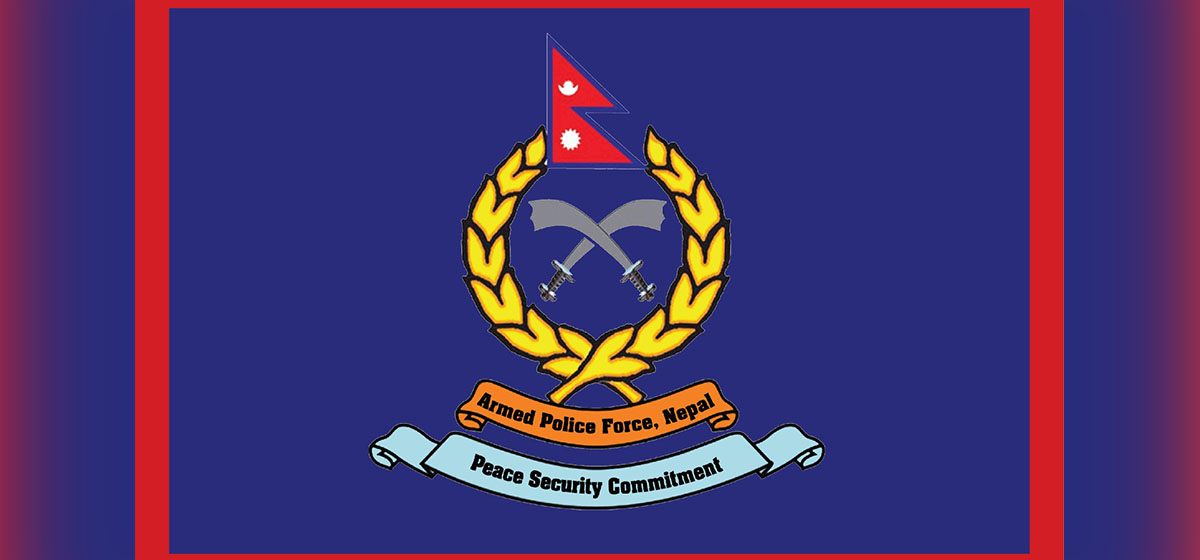Oli government should be more proactive in further strengthening relationship with southern neighbor and explore mutual growth opportunities
At the moment, Indo-Nepal relationship is at its best in the history of diplomatic relation between the two countries. This is the result of both nations working hard to resolve misunderstanding and responding to each other’s needs at the political, bureaucratic and military level. And it reflects the will on both nations to mend fences and work together to materialize the shared vision of two countries for economic prosperity and social harmony.
The year 2018 witnessed the best of the relationship. Indian Prime Minister Narendra Modi visited Nepal twice within the year and he participated in Nepal’s cultural and religious events in Muktinath, Pashupatinath and Janakpurdham and sharing his vision of mutual growth with the public and stakeholders in Nepal. This was unlike anything from any sitting Indian prime minister so far. It reflected Modi’s willingness to walk the extra mile to make things happen, his preference for actions, rather than just inking agreements.
Oscars 2019: Full list of winners

During the last four years in office, Modi has maintained close relationship with Nepali leadership. His Nepali counterpart—K P Sharma Oli—has contributed to this cause as much. Leading one of the most powerful governments in Nepal’s history since the BP Koirala-led government, Oli has put his diplomatic skills to good use in sharing Nepal’s concerns with his Indian counterpart and reaching agreements that promise long-term benefits for the nation in many fronts.
Despite misunderstanding surrounding Nepal’s abrupt pulling out of BIMSTEC military exercise, they never truly lost their core objective of resolving issues that have been holding them back from increased engagement in each other’s social and economic development. Both leaders’ ability to walk the talk and mitigate any impediments at the strategy and implementation level reflects the inherent compatible chemistry.
While China is on the way to be established as a world super power, India is establishing itself as economic powerhouse in Asia. In the next decade it is set to become the world’s second economic superpower. As a neighbor to two of the most powerful and strong economies, Nepal cannot afford to remain entangled in clutches of poverty. For that to materialize, it is imperative that the Nepal government further strengthen its relationship with both of its neighbors and take confidence building measures for easing flow of FDI in Nepal.
In 2014 Indian gave Modi a clear majority in the parliament to help the nation claim its rightful position in the global and regional arena. During these four years, Modi has set the foundation to realize the Indian dream. The Modi government redefined its diplomacy in its own way and revitalized its relation with its neighbors and beyond. It took the ‘Make in India’ movement on global platforms, eased regulations for increasing FDIs in India and laid the foundation for increasing investors’ confidence to be part of India’s ambition.
To realize its ambition of being the regional economic superpower, Modi government has diversified its investment in infrastructure. It was quick to realize the importance of investing in developing Nepal’s hydropower sector and pushing long-stalled hydropower projects. His personal presence at the inauguration of Arun III, the rapid progress seen in the expansion of the railway links in Nepal and increase of Indian investment in many of our infrastructure projects, reflects the importance that Modi’s government accords to Nepal.
The people-to-people connectivity between Nepal and India plays important role in its political and socio-economic events. Impact of the preparations for the upcoming general elections in India can be felt in Nepal too. Aware of these, the Indian establishment has focused even more on improving its relationship with neighbors, including Nepal. Though it is too early to predict outcome of the upcoming general election, many analysts are now carefully monitoring how the election preparations are playing out. The largest democracy on earth certainly has long way to go to establish itself as a regional super power and for that it will require to put up much more of the redefined Indian diplomacy—with close neighbors as well as nations beyond.
The Oli government should be more proactive in further strengthening relationship with its southern neighbor and explore mutual growth opportunities. Nepal’s success in warming up relationship with the Modi government has been fruitful for both nations, but that is very small compared to the full potential it has. The government should work out plans for mutual growth and collaborate with investors to secure national interest. During the last few years, the Oli-Modi chemistry has played out well for both nations and it is time for the government to up its game for materializing its growth ambitions further.






































